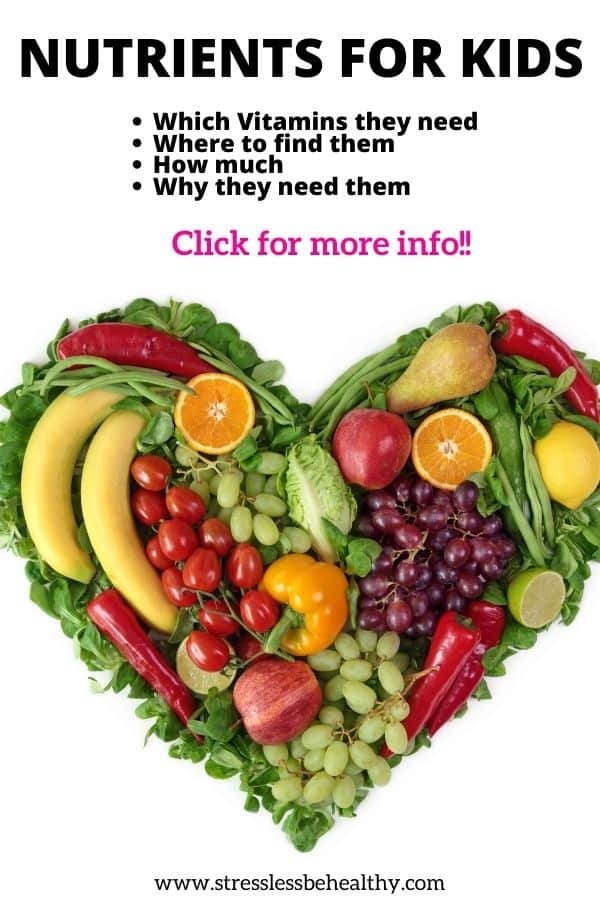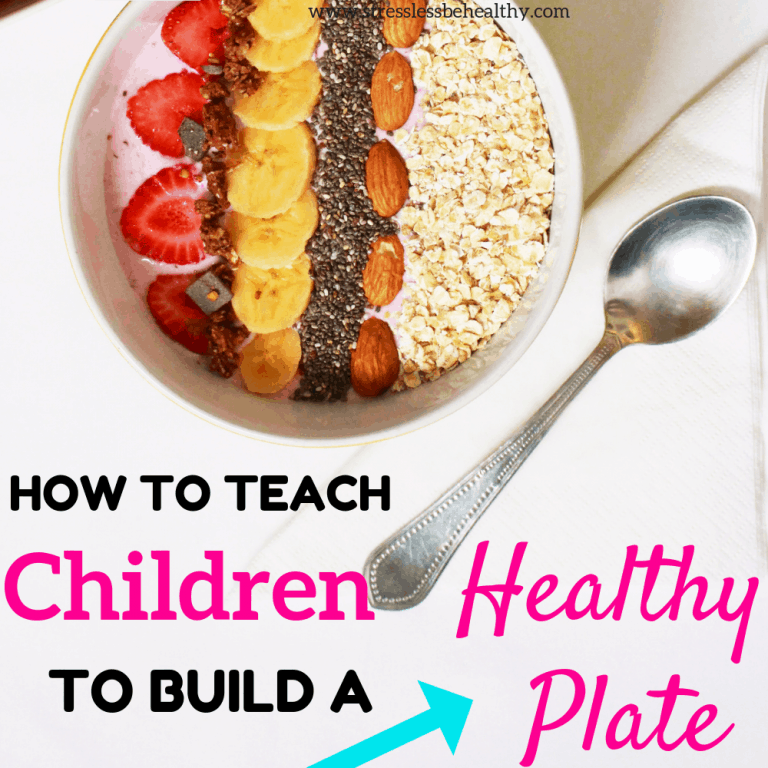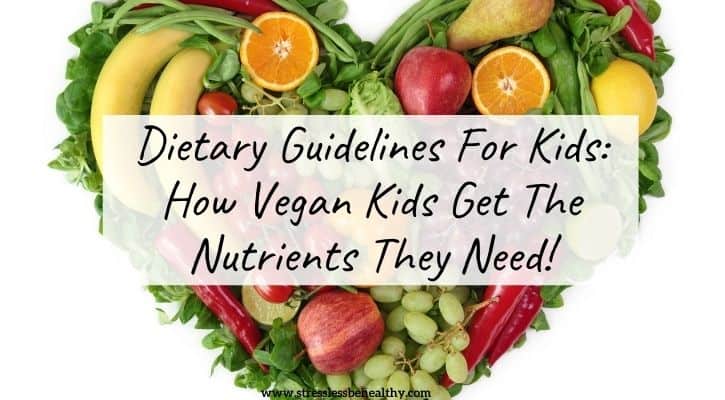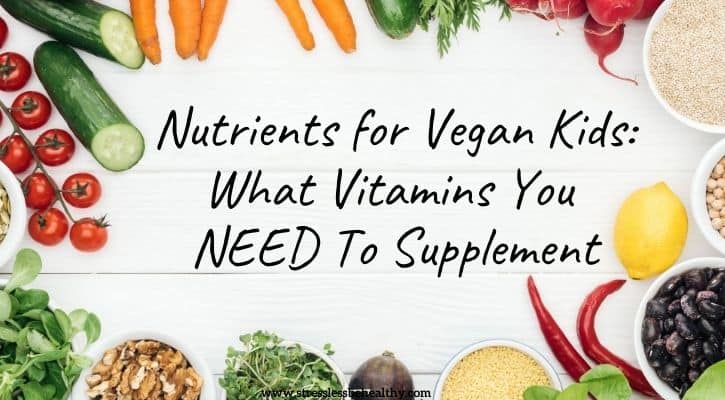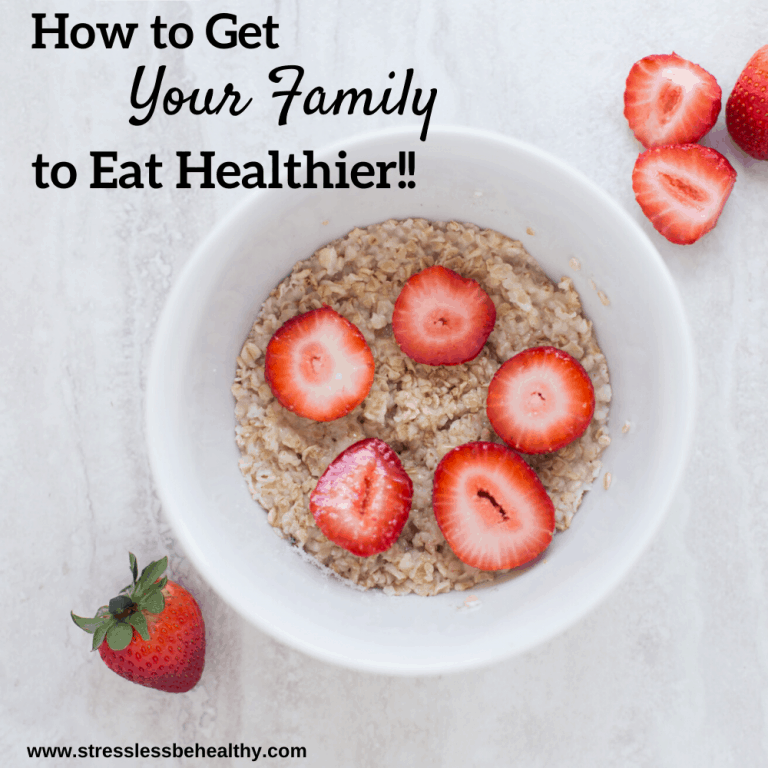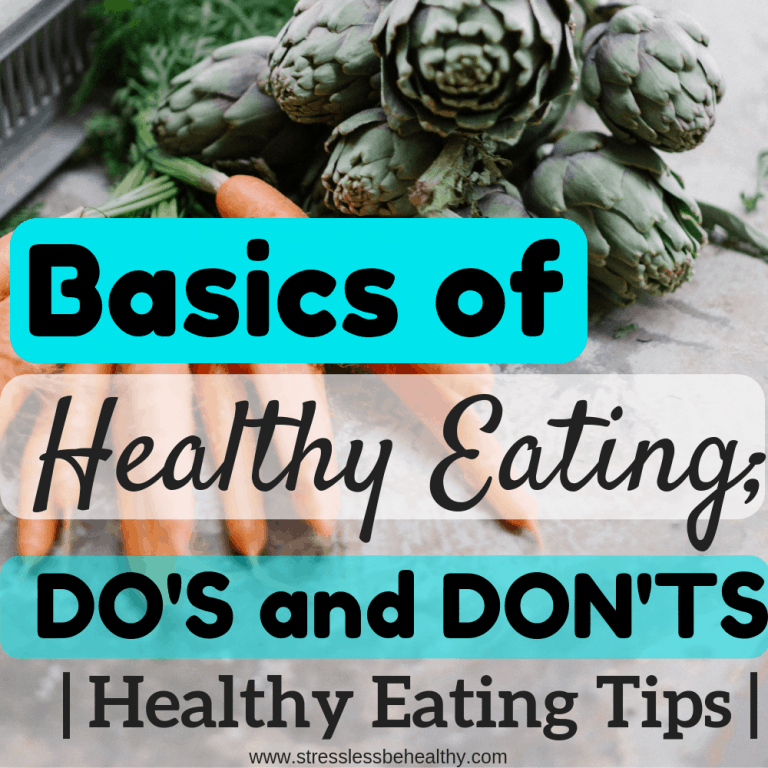Vitamins All Kids Need (Not supplements, Vitamins found in Food)
*Disclosure: some links may contain affiliate links. For more information on what this means, visit my disclosure page.
In this article you will learn about vitamins in a vegan diet; how and where to get certain vitamins from, how much of each, and which ones you should pay a little closer attention to while raising vegan kids.
This article is a continuation of Dietary Guidelines For Kids: How Vegan Kids Get The Nutrients They Need!
When you think of vitamins in a vegan diet, or any diet for that matter, which ones do you usually think of?
Or, do you not really think about minerals all that much; don’t worry, I don’t think many people do.
But, maybe you’ve seen things in the news (or google suggested articles) about certain vitamins that a vegan diet (or a poorly planned vegan diet) was lacking in.
The ones that would probably be brought up are Vitamin B12 and Vitamin D.
If you would like to learn more about those Vitamins specifically, go back one page in this Guide for Raising Vegan Kids.
Luckily, for everyones and the planet’s sake, there are vegan sources (or fortified foods) with the vitamins that our children need to grow and thrive! Well, besides Vitamin D, that comes from the sun and you may need to supplement in the winter.
The vitamins our kids need are:
- Vitamin A
- B Vitamins
- 1: Thiamin
- 2: Riboflavin
- 3: Niacin
- 5: Pantothenic Acid
- 6: Pyridoxine
- 7: Biotin
- 9: Folate
- 12: Cobalamin
- Vitamin C
- Vitamin D
- Vitamin E
- Vitamin K
- Choline
Besides Vitamin B12 and D, vitamins are probably easier for vegan kids to get than non-vegans; most can easily be found in fruits and veggies!
Therefore, variety in what you child eats is key to making sure they get in all of the vitamins.
Eating the rainbow is one great way to help your child get enough!
I know, most vegan parents already know that, and that’s one thing that makes us different than non-vegan parents; we’re a bit more wary of what our kids eat and put more effort into it!
This makes it ever more frustrating when non-vegans judge what we give our vegan kids to eat. (I won’t get any further into that frustration here, if you’d like to read more on that, go here.)
For now, let’s take a look at the vitamins we find in our diets.
What are the Vitamins, and How Much Do Our Kids Need?
All kids need the same vitamins to come from their food, vegan and non-vegan alike, well besides B12 and D.
Some foods are better at providing certain vitamins than others.
How much a child needs will depend on their age.
(Resources I am using for the chart can also be found in the resources at the end of this article.)
| Vitamin | 0-6 months | 7-12 months | 1-3 years | 4-8 years | 9-13 male | 9-13 female | 14-18 male | 14-18 female |
| A (mcg) | 400 | 500 | 300 | 400 | 600 | 600 | 900 | 700 |
| B1 (mg) | 0.2 | 0.3 | 0.5 | 0.6 | 0.9 | 0.9 | 1.2 | 1.0 |
| B2 (mg) | 0.3 | 0.4 | 0.5 | 0.6 | 0.9 | 0.9 | 1.3 | 1.0 |
| B3 (mg) | 2 | 4 | 6 | 8 | 12 | 12 | 16 | 14 |
| B5 (mg) | 1.7 | 1.8 | 2 | 3 | 4 | 4 | 5 | 5 |
| B6 (mg) | 0.1 | 0.3 | 0.5 | 0.6 | 1.0 | 1.0 | 1.3 | 1.2 |
| B7 (Biotin) (mcg) | 5 | 6 | 8 | 12 | 20 | 20 | 25 | 25 |
| B9 (Folate) (mcg) | 65 | 80 | 150 | 200 | 300 | 300 | 400 | 400 |
| B12 (mcg) | 0.4 | 0.5 | 0.9 | 1.2 | 1.8 | 1.8 | 2.4 | 2.4 |
| C (mg) | 40 | 50 | 15 | 25 | 45 | 45 | 75 | 65 |
| D (mcg) | 10 | 10 | 15 | 15 | 15 | 15 | 15 | 15 |
| E (mg) | 4 | 5 | 6 | 7 | 11 | 11 | 15 | 15 |
| K (mcg) | 2.0 | 2.5 | 30 | 55 | 60 | 60 | 75 | 75 |
| Choline (mg) | 125 | 150 | 200 | 250 | 375 | 375 | 550 | 400 |
If you’re looking at all of those vitamins and haven’t even heard of them before, or remember/recognize them, you’re not alone!
Let’s Quickly Go Over Why We Need These Vitamins
I’m not going to go super in depth, or even cover all the functions of some of the vitamins right here, just a very brief overview.
Vitamin A helps turn cells into ‘specialized cells’, important for the immune system, eye health, and provides antioxidants.
B Vitamins help turn carbs, proteins, and fat into usable energy, helps with nervous system functions, and more. B9 (folate) is also important for cell division, helping with the formation of DNA, and protect against cancer.
Vitamin C is known to help our immune system strong, but it also provides antioxidants, plays a role in making neurotransmitters, protect against chronic disease, enhance iron absorption, and more!
Vitamin D is a major part of bone development and having strong bones and teeth.
Vitamin E is also an antioxidant, destroying free radicals and protecting cell membranes from breaking. They help prevent heart disease and many other diseases.
Vitamin K helps our blood clot when it needs to, keep our levels of calcium in the blood in check, and helps with bone density.
Choline helps transport fats and other nutrients in and out of cell membranes, help form neurotransmitters, is important for muscle control, and more.
Quick Overview of Where to Find These Vitamins in Food for Kids
So, now you know which vitamins, approximately how much of each your kids need, and a little bit about what they do.
But, where do you find them?
As vegans, we find them in plants!
The food sources below are meant to be a brief overview, it won’t include every source of each vitamin; but enough to give you an idea of where you can find them.
Vitamin A can easily be found in most deep orange fruits and veggies, such as cantaloupe, pumpkin, carrots, sweet potatoes, peaches, and more!
B1 can be found in grains, legumes, nuts, seeds, nutritional yeast, and various fruits and veggies.
One of the best sources of B2 is nutritional yeast. But it can also be found in soy products, fortified foods, almonds, bananas, avocados, cashews, green beans, and more!
Good sources of B3 usually include foods you would think are high in protein, such as edamame, peanuts, peas, tofu, legumes, and more. But, you can also find it in dried fruits, whole grains, mushrooms, sea veggies, seeds, and a lot more!
Vitamin B5 can be found in all whole plant foods, such as avocado, nutritional yeast, sweet potatoes, legumes, and so many more!
Some great sources of B6 are bananas, avocados, chia seeds, soy beans, and sunflower seeds.
A few sources for B7 are oats, walnuts, bananas, carrots, almonds, nutritional yeast.
Greens, beans, and oranges are some of the best sources of Vitamin B9 (Folate/Folic Acid).
B12 can be provided through a supplement or enough fortified foods, such as nutritional yeast or fortified non-dairy milk.
Oranges and other citrus fruits are known to be sources of Vitamin C, but there are many other sources, as well. Such as peppers, strawberries, mangoes, sweet potatoes, cabbage, and more!
Vitamin D can only naturally be absorbed through the sun, but many foods are also fortified with Vitamin D to help kids, and us, get the amount we need each day. You can also give your child a supplement for this vitamin, especially if you have long dark winters where you live.
Vitamin E can be found in avocados, broccoli, carrots, kiwi, leafy greens, nuts, seeds, whole grains, and more!
Vitamin K can be found in high amounts in leafy greens! But can also be found in other fruits, veggies, lentils, soy foods, and even seaweeds!
Choline can be found in a lot of plant foods because its part of all cells, such as in soy foods, quinoa, broccoli, mushrooms, corn, oats, and more!
*Please note that these are not exhaustive lists of where to find these foods, you can find many of these vitamins in a large variety of plant based foods, to list them all would be extremely tedious.
Can Kids get all their Vitamins from a plant based diet?
Yes, if a child’s diet is properly planned, or they are given supplements or fortified foods for the harder to get vitamins (like B12), and if they get to go out in the sun everyday; then they can get all of their vitamins from a plant based diet!
But, as you can see, most vitamins are easily found in a whole food plant based (or healthy vegan) diet!
The more types of whole plants, the better!
Didn’t start from the beginning? Start Here!
¹Dietary Guidelines of 2015-2020 ²Becoming Vegan: The Complete Reference to Plant-Based Nutrition (Comprehensive Edition), by Branda Davis, RD & Vesanto Melina, MS, RD
